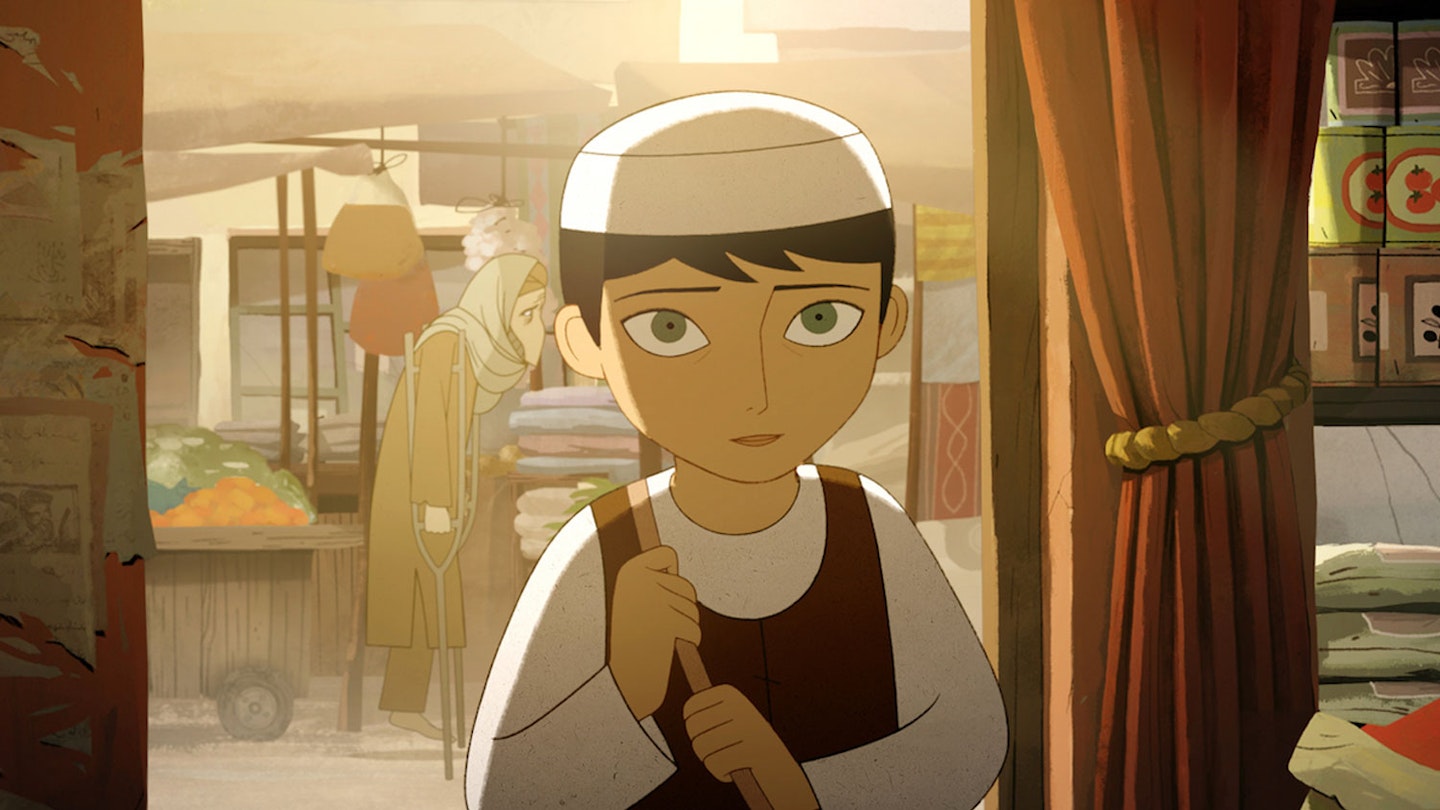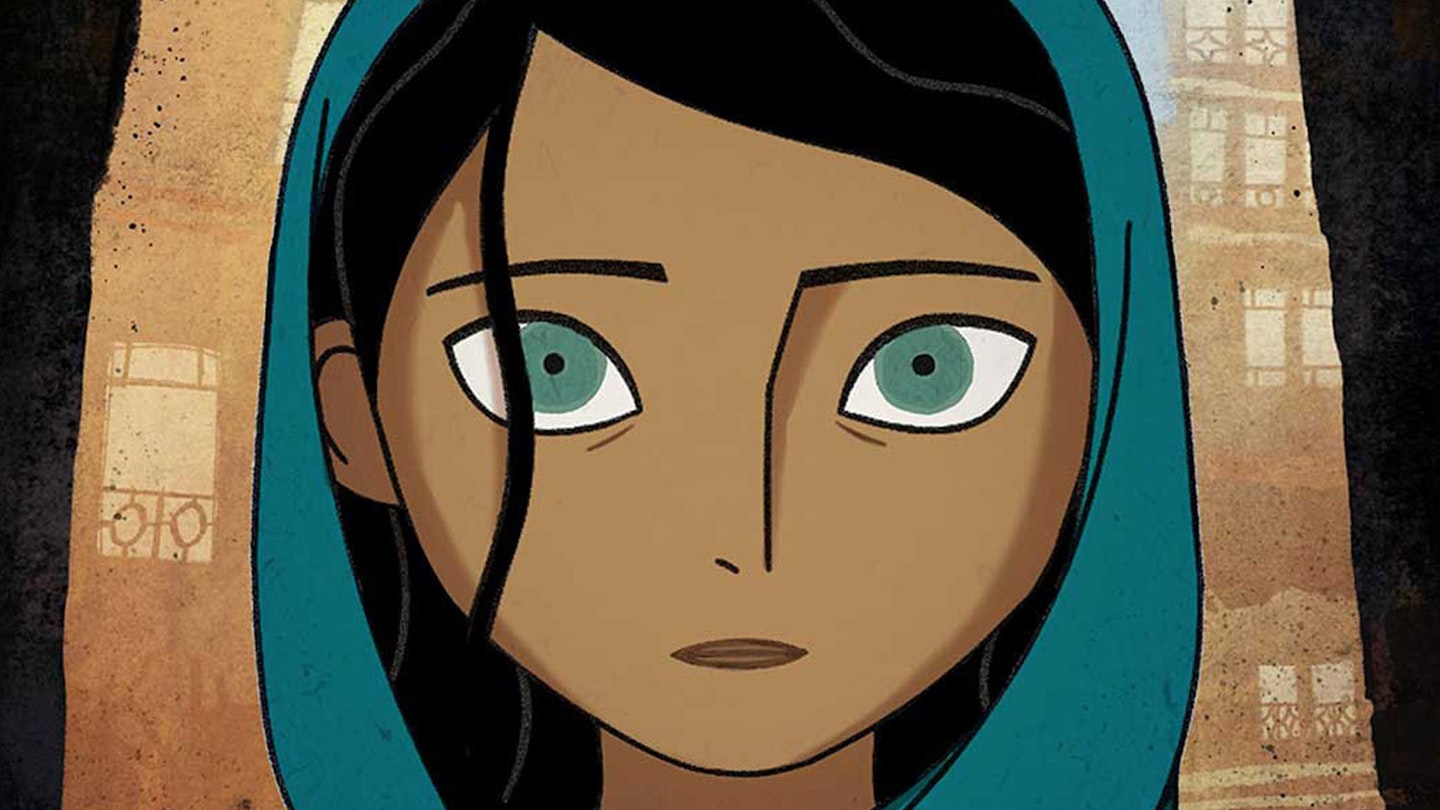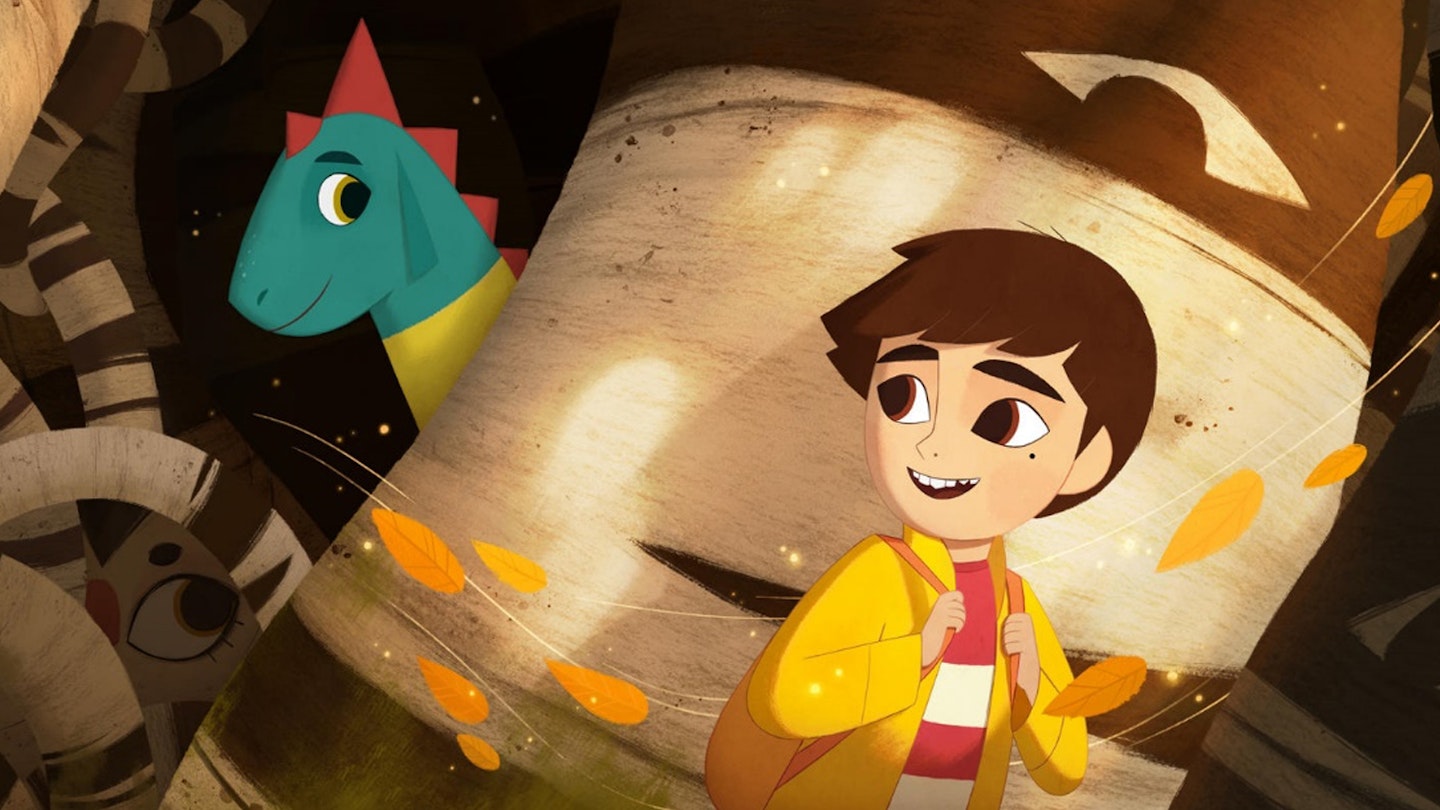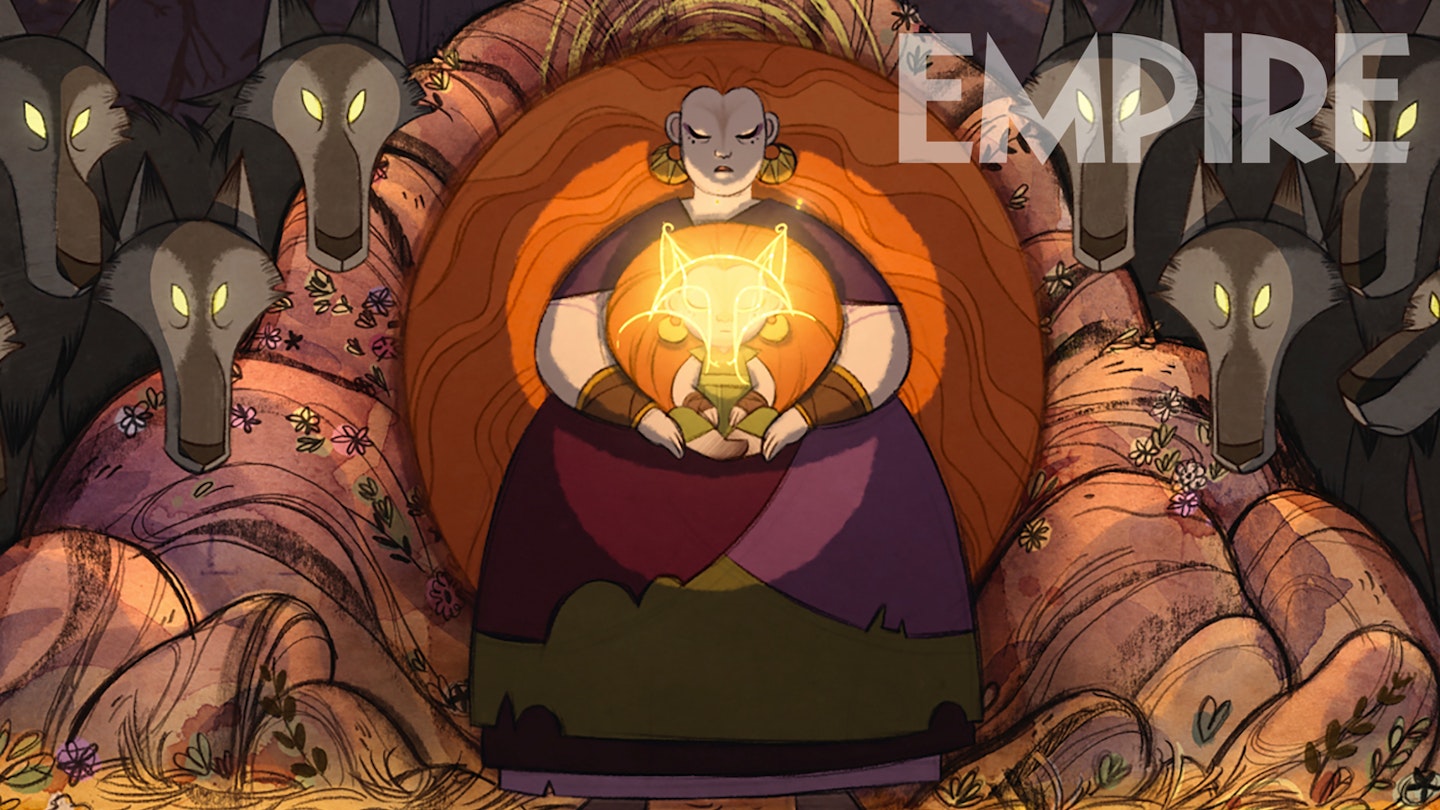If 2018 Oscar nominee The Boss Baby stands at one end of the animation spectrum, then 2018 Oscar nominee The Breadwinner is its polar opposite. If the former is formulaic, gaudy and manufactured, the latter is sublime, magical and from the heart. Based on Deborah Ellis’ 2000 novel, Nora Twomey’s film combines the simple street poetry of Bicycle Thieves and the flights of fantasy of Guillermo del Toro into something all of its own. It’s the latest from Irish animation geniuses Cartoon Saloon who, on the strength of The Secret Of Kells, Song Of The Sea and now this, deserve to be mentioned in the same breath as Pixar, Laika and Ghibli. One day the Academy will realise this too.

The main thread of the film details the day-to-day struggles of Parvana, a young girl in a world where women can’t be out in public without a man. With her father incarcerated for talking back to the Taliban, the now all-female family has no means of buying food so gets resourceful: Parvana cuts her hair, dons her deceased brother’s clothes and makes her way through a tough world. Time and again the director finds a telling image to nail an emotion — the peeling of an apple becomes incredibly moving — and etches a complex milieu in economic strokes: Afghanistan’s history of being invaded is perfectly conveyed in a bravura montage of Alexander The Great, Genghis Khan and the Soviets. All this is delivered in a lush visual style with hand-drawn characters covered in a digital gloss (via a program called TVPaint) playing against almost photo-real backdrops that encapsulate the film’s dynamic between reality and fantasy.
It’s a rare perfect marriage of material and medium.
For, as much as it is about everyday politics, The Breadwinner is also a film about the power of storytelling as a balm for everyday hardships. To enchant her young brother, Parvana tells him fantastical tales about a young boy going up against an Elephant King with spiked tusks to save his village. If these stories dissipate the narrative urgency of Parvana’s tale, you won’t mind because they are things of such beauty in their own right: gorgeous pieces of seemingly paper cut-out animation — think a high end Captain Pugwash — that are rendered in deep, rich colours and often in stunning symmetrical patterns. At the end two story strands collide, but Twomey has the common sense not to tie things up too neatly. Years of political/female oppression are not overturned in a night.
It’s not a perfect film — it gets bogged down in cycling through similar kinds of scenes — but Twomey gets so much right that you can forgive it tiny flaws. It’s a rare perfect marriage of material and medium. In live action, The Breadwinner might have been too heart-breaking to bear. As it is, like cinema at its best, it is moving and magical in equal measures.


